September 28, 2024 | 16:22 GMT +7
September 28, 2024 | 16:22 GMT +7
Hotline: 0913.378.918
September 28, 2024 | 16:22 GMT +7
Hotline: 0913.378.918
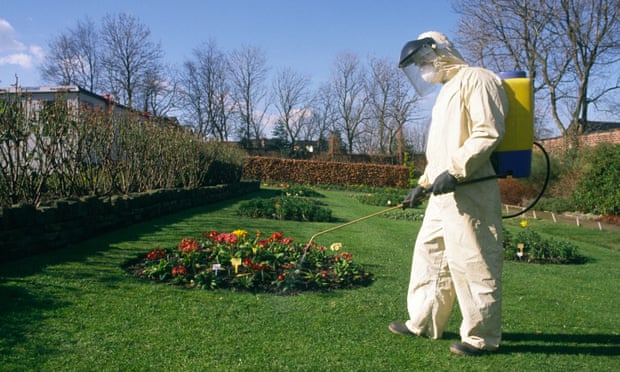
The European Commission says a number of EU member states have failed to act on previous guidance on reducing the use of chemical pest control. Photo: Martin Jenkinson
The use of synthetic pesticides in parks and other green public spaces in urban areas is to be banned in the EU, with member states obliged to cut overall use by 50%, according to a leaked draft regulation.
The move is said by the European Commission to be necessary owing to the failure of a number of EU member states to act on previous guidance on reducing the use of chemical pest control.
Officials say in the draft regulation that as a result of the proposals, “EU consumers could see increasing food prices, which might lead to increased imports from third countries with less strict regulation of pesticide use.”
But officials have said they will examine ways to mitigate the impact, adding that the EU needs “to shift to a fair, healthy and environmentally friendly food system”. Under the regulation, pesticides would also be banned in nature protection areas.
About 70 towns and cities in the UK are taking steps to reduce pesticide use, but there is not a prohibition in law. A spokesperson for the Pesticide Action Network UK (PAN UK) called on the British government to follow Brussels’ lead.
He said: “PAN UK has been calling for such a measure for many years and to see the European Commission bringing forward plans to end the unnecessary use of pesticides in urban areas is very welcome. It will be a huge benefit for the citizens and environment of the EU. PAN UK would like to see the UK follow suit and end the use of pesticides in our towns and cities.”
The draft EU regulation, which will need to win the support of member states and the European parliament, received a mixed reaction from environmental activists in mainland Europe.
Concerns have been raised over the lack of strictures put on farmers to use methods such as crop rotation and mechanical weeding. Potential loopholes around the 50% target have also been identified, relating to lack of confidence in the collection of accurate data.
Sarah Wiener, a Green MEP, said she feared the regulation would amount to empty promises. She said: “The commission’s proposal on the sustainable use of pesticides in the EU is anything but watertight. On the one hand, the commission acknowledges that the old directive gives the member states too much leeway and consequently wants to turn it into a regulation. On the other hand, the commission lists only insufficient measures to implement this basically good idea.
“Not only that but the commission does not even want to make the basics of integrated pest management binding, which would be the absolute minimum to achieve lower pesticide use and protect human health and biodiversity.”
Germany to ban use of glyphosate weedkiller by end of 2023
Germany has said it will phase out the controversial weedkiller glyphosate because it wipes out insect populations crucial for ecosystems and pollination of food crops.
The chemical, also suspected by some experts to cause cancer in humans, is to be banned by the end of 2023 when the EU’s approval period for it expires, ministers said.
Biologists have sounded the alarm over plummeting insect populations that affect species diversity and damage ecosystems by disrupting natural food chains and plant pollination.
“What harms insects also harms people,” said environment minister Svenja Schulze, of the centre-left Social Democrats, who warned of a future when fruit could become a luxury.
“What we need is more humming and buzzing,” added Schulze, stressing that “a world without insects is not worth living in”.
Farm groups and the chemical industry have lobbied for the continued use of glyphosate, which is sold under the trade name Roundup made by Bayer subsidiary Monsanto.
Bayer objected to Germany’s unilateral ban, arguing the chemical could be used safely and was “an important tool for ensuring both the sustainability and productivity of agriculture”.
After its takeover of Monsanto last year, Bayer has been battered with a wave of lawsuits alleging the flagship herbicide causes cancer, with juries awarding massive compensation.
The German Chemical Industry Association complained that, with EU authorities due to re-evaluate glyphosate use in 2022, Berlin was “embarking on a confrontation course with European law”.
Austria became the first EU member to outlaw glyphosate use in July, with restrictions also in force in the Czech Republic, Italy and the Netherlands. France is planning to phase it out by 2023.
Angela Merkel’s government presented its plan after heated internal debate between Schulz and the more industry friendly agriculture minister, Julia Klöckner, of the chancellor’s centre-right Christian Democrats.
In a first phase, glyphosate will be banned from next year in city parks and in private gardens, according to the policy roadmap, which sets the basis for new laws and regulations.
Herbicide and insecticide use will also be restricted or banned in more species-rich areas such as grasslands and orchard meadows, and along many river and lake shores.
Campaigners worldwide have highlighted the risks of declining insect numbers, noting they are vital for pollinating plants – including food crops – and as food sources for birds and other animals.
In February, a record 1.75 million people in the prosperous southern German state of Bavaria voted in a referendum to “save the bees”, calling for less chemical use and more organic farming and green spaces.
The campaign was opposed by the powerful regional agriculture association, which urged the population to “stop bashing farmers”.
However, Bavaria’s ruling conservative CSU party announced it would turn the referendum into government policy.
The roadmap presented on Wednesday also featured a new voluntary animal welfare label introduced by Klöckner that aims to help consumers recognise when buying pork how the pigs are raised.
Activist group Germanwatch criticised the initiative, arguing that consumers would continue to be “misled”, for example by packaging that suggested idyllic farm conditions on meat products that in reality came from industrial feed lots.
Merkel’s cabinet also plans to earmark a greater share of EU farm subsidies it receives to environmental and climate protection, raising the share from 4.5% to 6% next year.
(The Guardian)
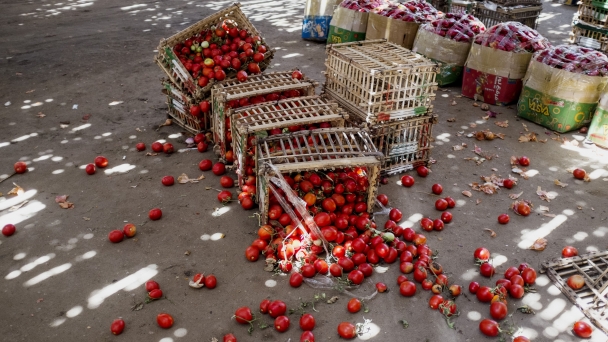
(VAN) International Day of Awareness of Food Loss and Waste global event highlights the critical need for financing and collaboration across the agrifood value chain.

(VAN) Louis Dreyfus Co. (LDC) celebrated the groundbreaking for a new specialty feed production line in Tianjin, China.
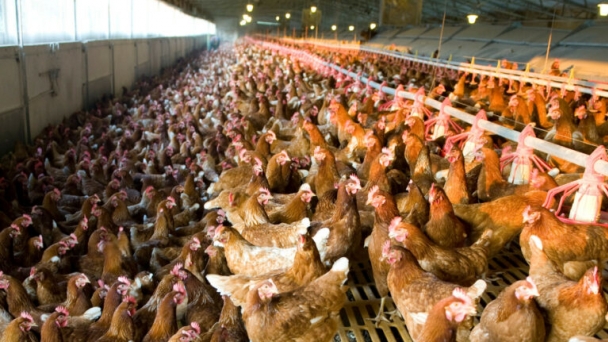
(VAN) Leading food companies are driving the shift towards cage-free production but are not getting the support of UK and EU legislators.
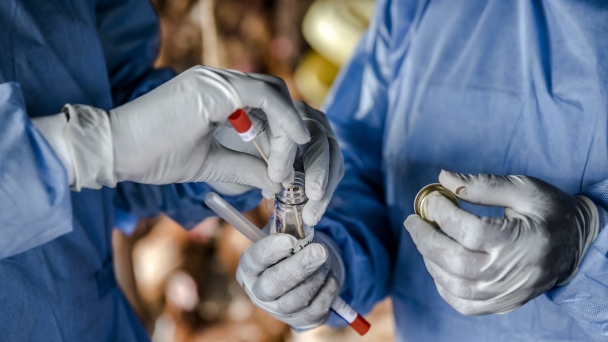
(VAN) FAO, UNEP, WHO and WOAH welcome agreement at UN General Assembly meeting, including target to reduce human deaths from AMR by 10 percent by 2030.
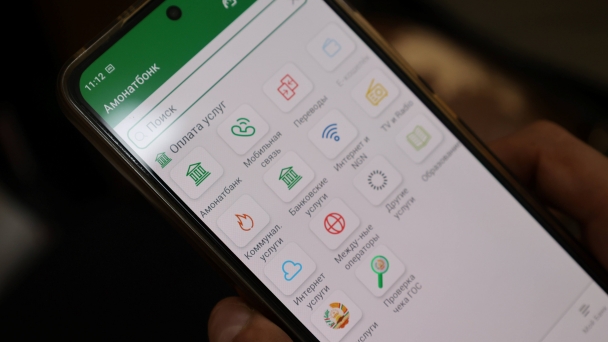
(VAN) With support from UNDP's initiative, farmers in Tajikistan can now pay for irrigation services online, replacing outdated and inefficient cash payments.
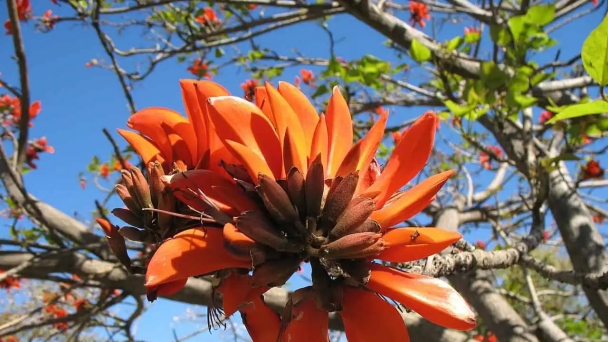
(VAN) For the first time, botanists are considering renaming plant species whose names are offensive to indigenous communities.
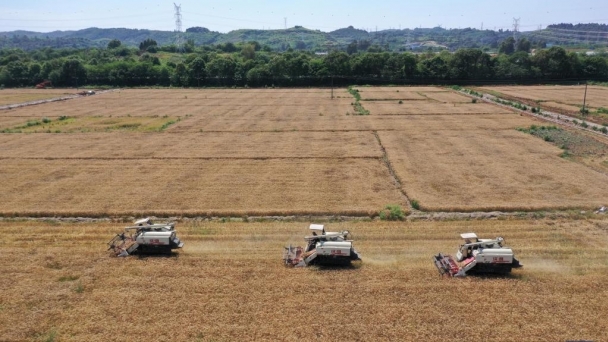
(VAN) China has launched an inquiry platform for permanent basic farmland on Monday to enforce protection and strengthen social supervision, according to Ministry of Natural Resources.